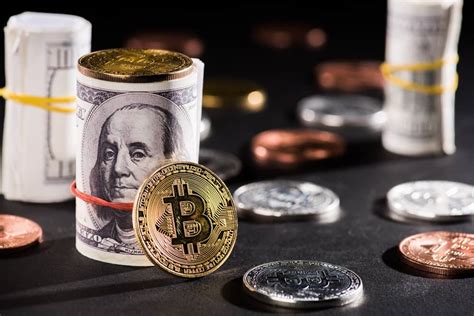The Impact of Bitcoin on Money Supply: A Study of Cryptocurrencies
In recent years, the cryptocurrency market has gained considerable attention around the world, with many people investing in or using these digital assets. One of the most debated topics surrounding cryptocurrencies is their impact on a country’s total money supply. In this article, we will explore the concept of “invisible coins” and embedded coins like Bitcoin, and examine how they can affect the monetary system.
What are Cryptocurrencies?

Cryptocurrencies are digital or virtual currencies that use cryptography for security and are decentralized, meaning they are not controlled by any government or financial institution. The most well-known cryptocurrency is Bitcoin (BTC), but other popular cryptocurrencies include Ethereum (ETH), Litecoin (LTC), and Monero (XMR). These digital assets have gained popularity in recent years due to their perceived security, decentralization, and high return potential.
Invisible Coins: Embedded Cryptocurrencies
While cryptocurrencies are often associated with “invisible coins,” they actually have an implicit value that is accepted as a form of payment by many merchants. In India, where the Reserve Bank of India (RBI) has issued guidelines on digital currencies, Bitcoin and other similar crypto assets are considered embedded currencies.
Embedded currencies are those that are recognized by banks or financial institutions in a particular country as legitimate forms of payment. These coins have been integrated into the fiat currency system through various mechanisms, such as:
- Merchant Acceptance: Some merchants, especially online retailers, accept Bitcoin and other crypto assets as a form of payment.
- Regulatory Recognition: Governments and regulators in some countries recognize crypto assets as legitimate forms of payment, which can facilitate their adoption.
- Central Bank Digital Currencies (CBDCs): Some central banks have launched their own digital currencies, which could potentially replace traditional fiat currencies.
Impact on Total Money Supply
Now that we understand the concept of integrating cryptocurrencies like Bitcoin and how they are integrated into a country’s monetary system, let’s look at their potential impact on the total money supply. Here are some things to consider:
- Increased Adoption: As more merchants, banks, and central banks recognize crypto assets as legitimate forms of payment, demand for these currencies may increase, potentially increasing their adoption rate.
- New Forms of Money Creation: Some proponents argue that the integration of cryptocurrencies can create new forms of money, such as the emergence of decentralized finance (DeFi) protocols or peer-to-peer lending platforms.
- Reduced demand for fiat currencies: Increased adoption of cryptoassets could potentially reduce the demand for traditional fiat currencies, which could lead to a decrease in their supply.
However, the integration of cryptocurrencies like Bitcoin also presents potential risks and limitations:
- Volatility: The value of cryptocurrencies can be highly volatile, which can impact their adoption rate.
- Regulatory uncertainty
: The regulatory environment surrounding crypto assets is still evolving, which can create uncertainty for investors and users.
- Security risks: Although the technology behind cryptocurrencies has improved significantly in recent years, there are still security risks associated with storing and using these digital assets.
Conclusion
In conclusion, the integration of cryptocurrencies like Bitcoin can have a significant impact on the total supply of money in a country. As more merchants, banks, and central banks recognize crypto assets as legitimate forms of payment, demand for these currencies may increase, potentially leading to an increase in their adoption rate.

